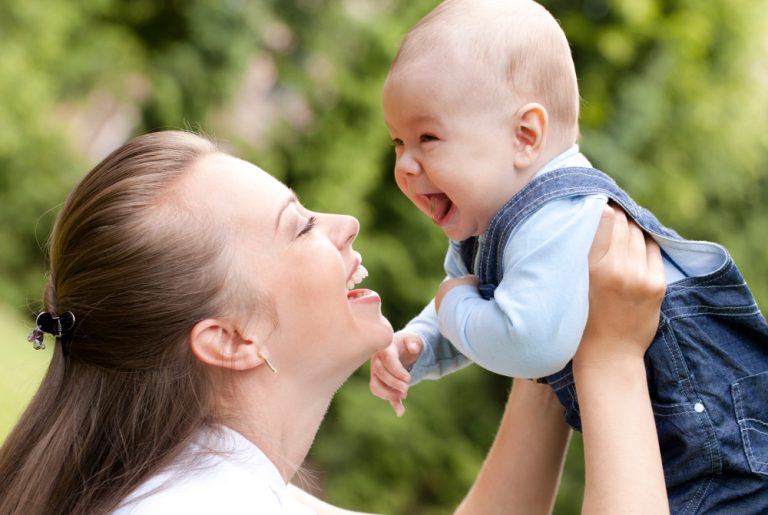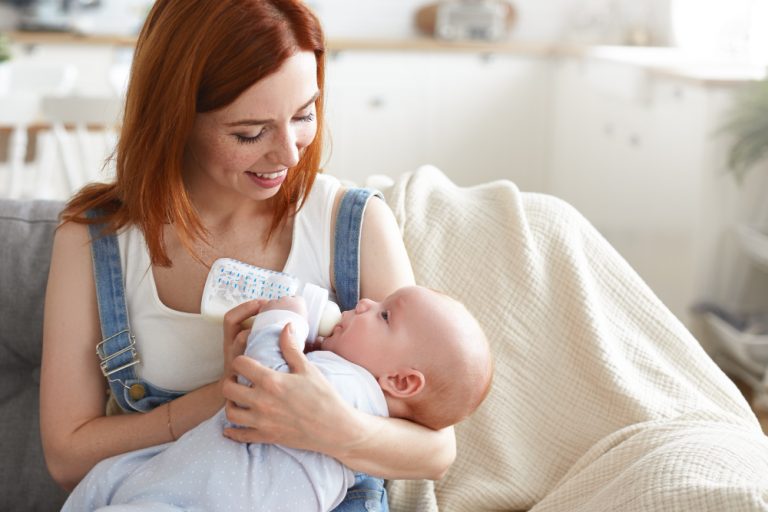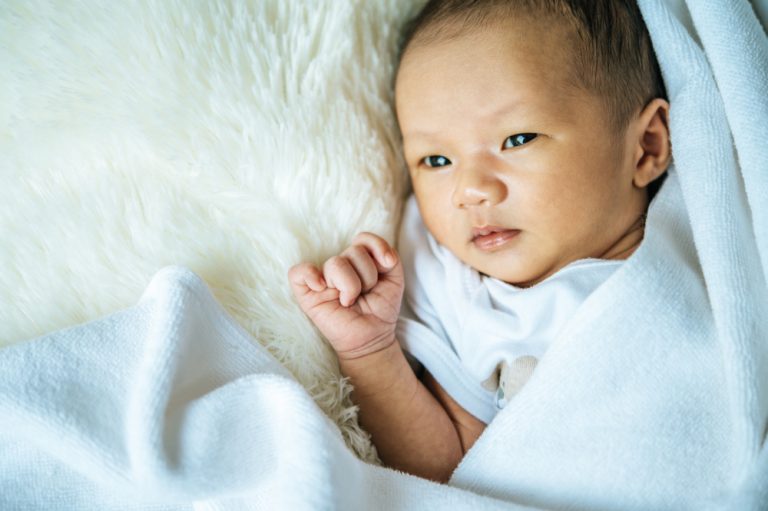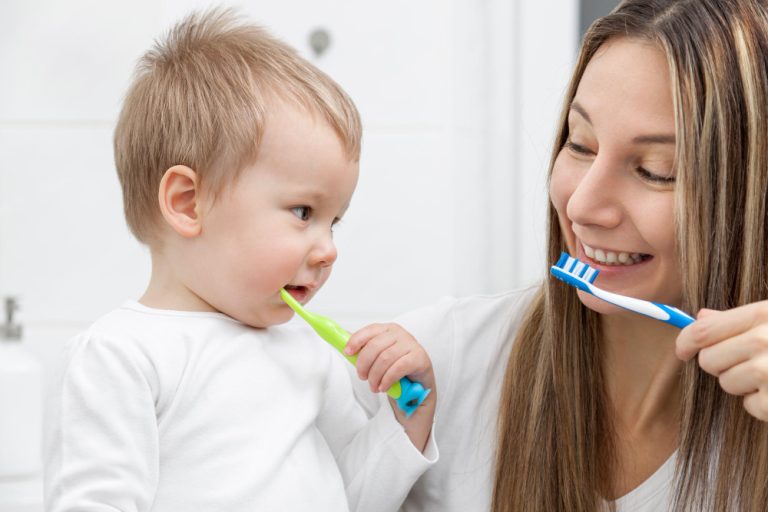Why Americans Aren’t Having Babies? The Declining Birth Rate
Did you know that the United States is currently facing a dramatic decline in its birth rate? In a society where the idea of starting a family was once a fundamental part of life, an increasing number of young adults are opting out of parenthood. But, why Americans aren’t having babies?
What could be driving this shift, and what are the broader implications for our society, economy, and population dynamics? Let’s explore the thought-provoking reasons behind this unusual trend and its far-reaching impact on our world.
What Does The Numbers Say?

- The U.S. birth rate has been steadily declining for decades, reaching a record low in 2019 (Vollset, S. E., et al., The Lancet, Vol. 396, No. 10258, 2020).
- A 2024 Pew Research Center poll found that 30% of 18-34-year-olds without kids are unsure if they want children, and 18% say they don’t want any (Aragão, C., Pew Research Center, February 15, 2024).
- The decline in birth rate is particularly pronounced among women aged 35 to 44 (University of Texas at Austin demographer Dean Spears).
6 Key Factors Contributing to the Decline

Several factors are influencing Americans’ decisions to delay or forgo parenthood altogether. Here’s a closer look at some of the most prominent reasons:
- Financial Burdens
Raising children is expensive. The cost of childcare, education, and healthcare creates a significant financial barrier for many couples.
A 2023 report by the Department of Agriculture (USDA) estimates that middle-income families spend an average of $286,800 raising a child from birth to age 18 (USDA Economic Research Service, Cost of Raising a Child, 2023). This financial stress can lead individuals to postpone or forgo parenthood altogether.
- Shifting Priorities and Values
Millennials and Gen Z place a high value on personal fulfillment, careers, and financial independence. They may prioritize pursuing higher education, traveling, or establishing careers before starting a family.
- Work-Life Balance Challenges
The United States lacks comprehensive parental leave policies and affordable childcare options. This creates a difficult choice for many parents, especially mothers, who may struggle to balance work and family life. Additionally, traditional gender roles regarding childcare responsibilities are changing, with women seeking a more equitable distribution of parental duties.
- Concerns About the Future
Climate change, political instability, and economic uncertainty can lead to anxieties about raising children in a complex world. Some individuals may hesitate to bring children into what they perceive as an uncertain future (Hickman, C., et al., The Lancet Planetary Health, Vol. 5, No. 12, 2021).
- Reproductive Rights Concerns
The recent overturning of Roe v. Wade has created anxiety and fear surrounding unplanned pregnancies for many women. This can further complicate decisions about parenthood, particularly for those who want to maintain control over their reproductive choices.
- Changing Family Definitions
The traditional nuclear family model is no longer the only path to fulfillment. More individuals are choosing single parenthood, adoption, or facilitating as ways to build families.
Additionally, the LGBTQ+ community faces unique challenges in navigating parenthood, with some lacking access to assisted reproductive technologies or facing legal hurdles regarding adoption.
The Impact of a Declining Birth Rate
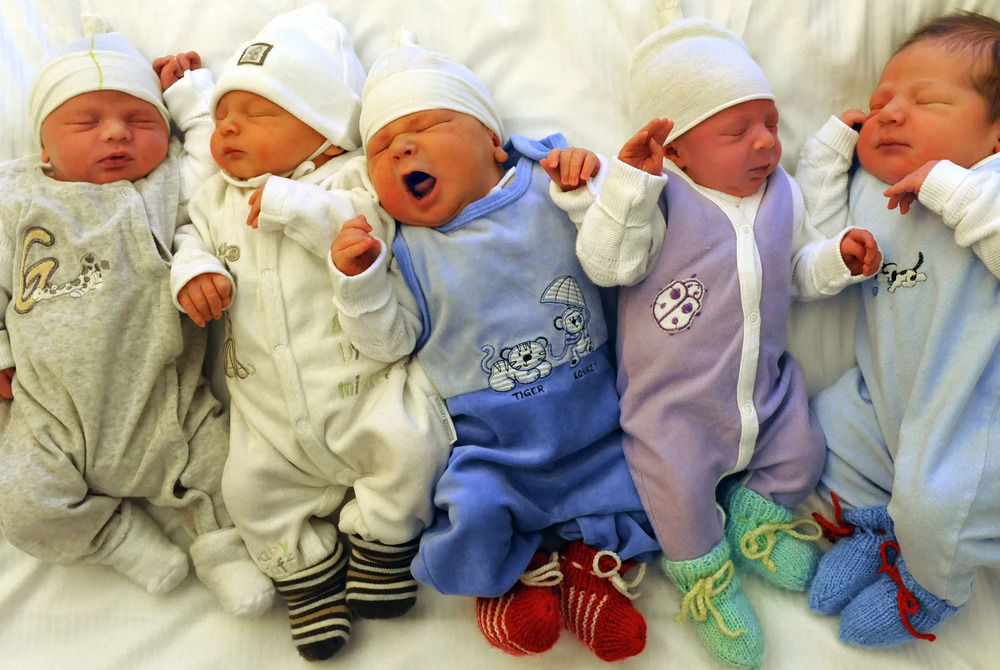
The declining birth rate in the U.S. has wide-ranging consequences:
- Economic Impact
A shrinking workforce can lead to labor shortages and economic stagnation. Social Security programs may also face challenges with a smaller tax base supporting a larger elderly population.
- Social Impact
Fewer children could lead to a decline in community programs focused on youth activities and education. It can also create a sense of isolation for some communities as families become smaller.
- Demographic Shifts
A changing demographic landscape may influence political representation and resource allocation within the country.
Finding Solutions: Why Americans Aren’t Having Babies

Addressing the decline in birth rates requires a multi-pronged approach. Here are some potential solutions:
- Policy Changes
Implementing paid parental leave policies, providing affordable childcare options, and offering financial support to families could make parenthood more accessible.
- Workplace Flexibility
Employers can offer flexible work arrangements and childcare benefits to help parents achieve a better work-life balance.
- Shifting Cultural Norms
Promoting shared parental responsibility and challenging traditional gender roles regarding childcare can create a more supportive environment for families.
- Addressing Concerns
Providing resources and support systems to address anxieties about the future, including environmental concerns, can help individuals feel more confident about parenthood.
The Path Forward
The decision to have children is a deeply personal one. Understanding the factors influencing Americans’ decisions regarding parenthood is crucial. By implementing supportive policies and creating a more conducive environment for families, we can address the challenges associated with parenthood and encourage a healthier work-life balance.
Encouraging Parenthood
While it’s essential to respect individuals’ choices regarding family planning, there are steps that can be taken to make parenthood a more viable option for those who desire it:
- Economic Support
Implementing policies like expanded child tax credits, affordable housing options, and accessible healthcare can alleviate financial burdens for families.
- Parental Leave
Providing generous paid parental leave for both mothers and fathers can help establish a strong foundation for families and promote shared parenting responsibilities.
- Quality Childcare
Ensuring access to affordable, high-quality childcare is crucial for working parents. This includes investing in early childhood education and providing subsidies for low-income families.
- Flexible Work Arrangements
Offering flexible work options, such as remote work and job-sharing, can help parents balance their careers and family responsibilities.
Redefining Family
The concept of family is evolving. It’s essential to recognize and support diverse family structures:
- Supporting Single Parents
Providing resources and support for single parents, including financial assistance and parenting education, is crucial.
- Promoting Adoption and Fostering
Creating awareness about adoption and fostering can help address the need for loving homes for children in the foster care system.
- Supporting LGBTQ+ Families
Ensuring equal access to reproductive technologies, adoption, and foster care for LGBTQ+ individuals and couples is essential.
The Final Note: Why Americans Aren’t Having Babies
To sum up, the declining birth rate in the United States raises significant societal, economic, and demographic concerns. The factors driving this trend, from financial burdens and shifting priorities to reproductive rights concerns, paint a complex picture of why Americans aren’t having babies at the same rate as previous generations.
This trend calls for a multi-faceted approach involving policy changes, workplace flexibility, and a shift in cultural norms to address the challenges individuals face in starting families. By understanding and addressing these factors, we can work towards creating a more supportive environment for parenthood and ensuring a sustainable future for generations to come.



